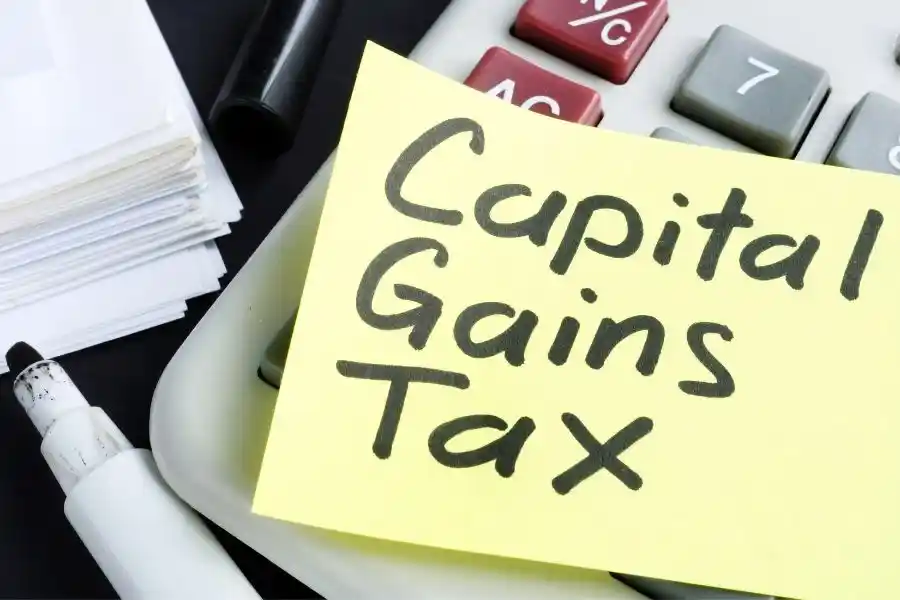Being a global financial hub and a cultural melting pot, New York City is a hotbed for commercial real estate activity. The iconic skyscrapers, retail establishments, and office spaces shape the city’s skyline, making it one of the most sought-after places for seasoned investors and aspiring entrepreneurs alike. Before you start investing in real estate, it’s important to learn the challenges and opportunities that come with it. We have prepared this comprehensive guide to help you navigate commercial real estate in NYC, exploring its key aspects, regulations, and opportunities.
Understanding the NYC Commercial Real Estate Landscape
Diverse Property Types
New York City’s commercial real estate landscape is characterized by a diverse mix of property types, ranging from towering skyscrapers to historic brownstones. The city is divided into different districts, each with its own distinct character and purpose. The Financial District is synonymous with towering office buildings, while areas like Chelsea and SoHo are known for their trendy retail spaces.
Office Spaces
Manhattan is home to some of the most coveted office spaces in NYC. The demand for prime locations is continued, driven by the presence of multinational corporations, startups, and a thriving business ecosystem. One of the defining features of NYC’s commercial real estate market is its vertical nature. With limited horizontal space, developers often build upward, creating a unique environment where floor space comes at a premium.

Retail Establishments
NYC’s commercial real estate portfolio includes an array of retail spaces, from flagship stores on Fifth Avenue to eclectic boutiques in SoHo. The retail landscape is ever-evolving, influenced by changing consumer trends and the city’s diverse demographic.
Industrial and Warehousing
As e-commerce continues to boom, the need for strategically located warehouses and industrial spaces is on the rise. The outer boroughs, particularly Queens and Brooklyn, are witnessing increased interest in these properties due to their proximity to transportation hubs.
Crucial Regulations to Consider
Zoning Laws
NYC’s zoning laws play a crucial role in determining how you can use and build your commercial properties. Understanding the intricacies of zoning regulations is essential for developers and investors alike. Zoning designations vary across neighborhoods, influencing factors such as building height, usage, and density.
Permitting Processes
Obtaining the necessary permits for commercial real estate projects in NYC can be a complicated process. From environmental impact assessments to construction permits, navigating the city’s bureaucratic landscape requires diligence and expertise. However, having an expert like Brett Ari Fischer by your side can make things much smoother.
Rent Regulations
If you’re renting a commercial property, make sure you familiarize yourself with rent regulations. Lease negotiations, rent control laws, and renewal terms can significantly impact the financial viability of a business. Knowledge of these regulations is equally important for landlords looking to maintain compliance and secure reliable tenants.
Investment Opportunities to Look Out for
Trends in Emerging Neighborhoods
While Manhattan remains a coveted location, emerging neighborhoods in Brooklyn, Queens, and the Bronx are becoming increasingly attractive to investors. These areas offer the potential for high returns as infrastructure developments and cultural shifts drive up property values.
Adapting to Technology
The integration of technology in the commercial real estate sector is transforming the way you manage properties and transactions. From virtual property tours to blockchain-based transactions, technological advancements are streamlining processes and providing new opportunities for investors and tenants alike.
Blockchain, for example, is being explored for property transactions, offering increased transparency and efficiency. Virtual reality (VR) is changing the way spaces are marketed and leased, allowing potential tenants to explore properties remotely.
Economic Development Initiatives
Keeping an eye on the city’s economic development initiatives is crucial for investors. Large-scale projects, such as the redevelopment of Penn Station, can create opportunities for strategic investments and long-term growth.
Environmental Considerations
Sustainability and environmental considerations are increasingly influencing investment decisions. Green building certifications, energy-efficient designs, and eco-friendly practices not only align with global trends but can also enhance the marketability and value of commercial properties.
Challenges and Considerations
While the opportunities in NYC’s commercial real estate market are vast, so too are the challenges. Here are some challenges you should consider before investing.
Market Volatility
The NYC commercial real estate market, like any other, is susceptible to economic fluctuations. Understanding market trends, interest rates, and global economic conditions is essential for making informed investment decisions.
Rising Costs
The cost of acquiring and developing commercial real estate in NYC is substantial. As an investor, you must carefully assess the financial feasibility of projects, factoring in construction costs, property taxes, and ongoing operational expenses.
Tenant Relations
Establishing and maintaining positive relationships with tenants is crucial for landlords. Evolving tenant expectations and the rise of remote work are factors influencing tenant preferences and lease structures.

As the city continues to evolve, so too will its commercial real estate landscape, presenting you with a wide range of possibilities in one of the world’s most vibrant and sought-after markets. If you want to learn more about the basics of real estate investing, explore our blog section. At The New York City Broker, we guide individuals and businesses on the fundamentals of real estate investing and help them navigate this competitive landscape so they can secure better deals. Reach out to one of the best real estate brokers in NYC now for more details.












